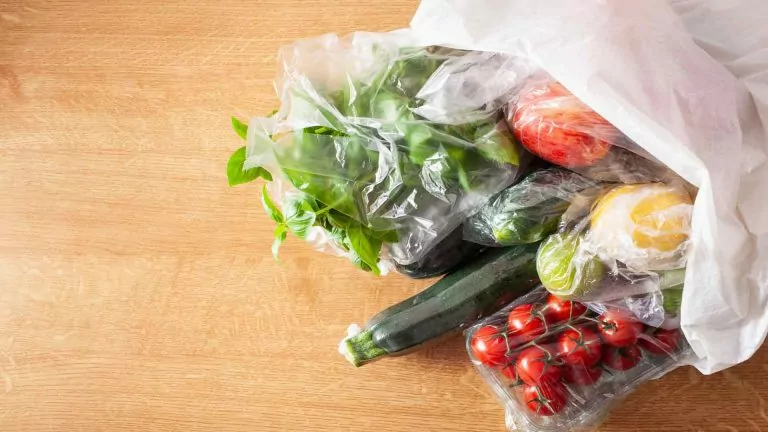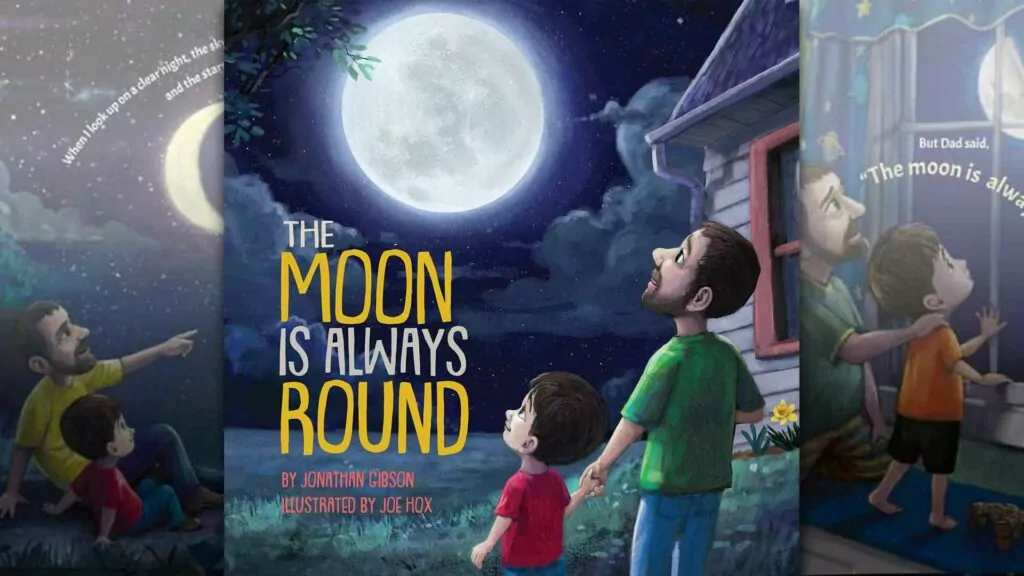In 2007, San Francisco was the first city to ban regular single-use plastic bags, directing businesses to use compostable plastic bags, paper, or, preferably, reusable bags. In the years since, more than 120 other cities, and some states have followed their lead.
But now the city is reversing direction, at least in part. In the wake of the coronavirus crisis, the city’s Department of Health issued a new guideline: people were not permitted “to bring their own bags, mugs, or other reusable items from home” to coffee shops, grocers, and other stores. An April 9 Wall Street Journal editorial noted:
“The department was responding to fears that the reusable bags are more prone to carry coronavirus than the disposable bags that were standard before the 2007 ban.”
San Francisco isn’t the only government changing course. Massachusetts, Oregon, New Mexico, Maine, New Hampshire, and other locales across the US are responding to the coronavirus by discouraging or prohibiting reusable bags, and often times suspending or delaying the implementation of single-use plastic bag bans.
While the coronavirus has brought increased attention to the health risks that can come with reusable bags, those risks have always existed. An earlier March 16 WSJ editorial shared that when researchers at the University of Arizona and Loma Linda University randomly tested grocery shopper’s reusable bags they found, “Large numbers of bacteria were found in almost all bags and coliform bacteria in half.” The same researchers also discovered the reason why: most shoppers either rarely or never washed their reusable bags.
One of the key benefits of all sorts of disposable plastics has been hygiene. As the Fraser Institute’s Ross McKitrick wrote:
We used to get our meat the way we still get most of our vegetables – from open counters. But people grew uncomfortable with the exposure of meat to insects and germs, not to mention the problem if people handle raw meat in one aisle then touch products in other aisles, so stores responded with those little Styrofoam trays with absorbent liners and clear plastic wrap, to which we all soon grew accustomed.
Lots of things got wrapped in cellophane to avoid being touched by other customers. Would you want to buy a toothbrush from a bin that a hundred people rummaged through? As for disposable plastic water bottles, this is surely one of the great public health inventions of the modern age. They are remarkably cheap and they save us the ordeal of shared public water fountains.
So the question might be asked, why does anyone have a problem with these plastics? What was motivating these bans? Part of the answer is probably related to plastics being produced from oil. But even in a world obsessed with global-warming, this doesn’t make them worse than paper, which seems to have the higher carbon footprint.
The real issue is pollution. Environmentalists point to the amount of plastic being ingested by animals, particularly marine animals. You may have heard of the Great Pacific Garbage Patch, or one of the other ocean garbage patches where the currents collect plastics into large islands, meters deep in some places.
While this pollution is a problem, it is not a Western problem. Hannah Ritchie and Max Roser, in their article “Plastic Pollution” published on OurWorldinData.org make the case that as of 2010 Canada and the US combined accounted for less than a percent of the “global total mismanaged plastic waste.” They define this as “the sum of littered or inadequately disposed of waste…that could eventually enter the ocean…” The big polluters are China (28%), Indonesia (10%), the Philippines and Vietnam (both at 6%). These four, together, amount to just under 50% of all such mismanaged plastic. This is due in large part to inadequate or non-existent garbage disposal, with waste flowing directly into key rivers, and then out into the ocean.
This isn’t to dispute that there are plastic bags littering North American streets. That is a problem. But it a much smaller problem. And it is a problem that is eradicated by creating other problems: ban single-use plastics, and their replacements might well make us sick.
Those who reject God will often look to the government as a replacement, turning to it to solve all their problems. In contrast, Christians, understand the government can’t address every problem and shouldn’t try – God has assigned them a limited role because they are made up of limited people. Our government should legislate with restraint because we live in a broken world and, consequently, any “solution” politicians settle on is going to come with tradeoffs – any benefit will come with a cost. One cost common to all government action is a loss of freedom for citizens to make choices for ourselves. It is, after all, the government that demands we do things their way or else. That “or else” might amount to fines, or jail time, or the loss of a business’s license, but whatever the punishment might be, the ability to mete this out to dissenters is a fearsome power and one that, therefore, should be used with restraint. Another reason for restraint is simple humility – an acknowledgment of our finite abilities. If reasonable, informed, intelligent people can disagree about what approach might be best, the government should be hesitant about stepping in and deciding for everyone. With bag ban reversals highlighting how politicians missed something in their original deliberations, will they take the lesson and act with restraint going forward?














